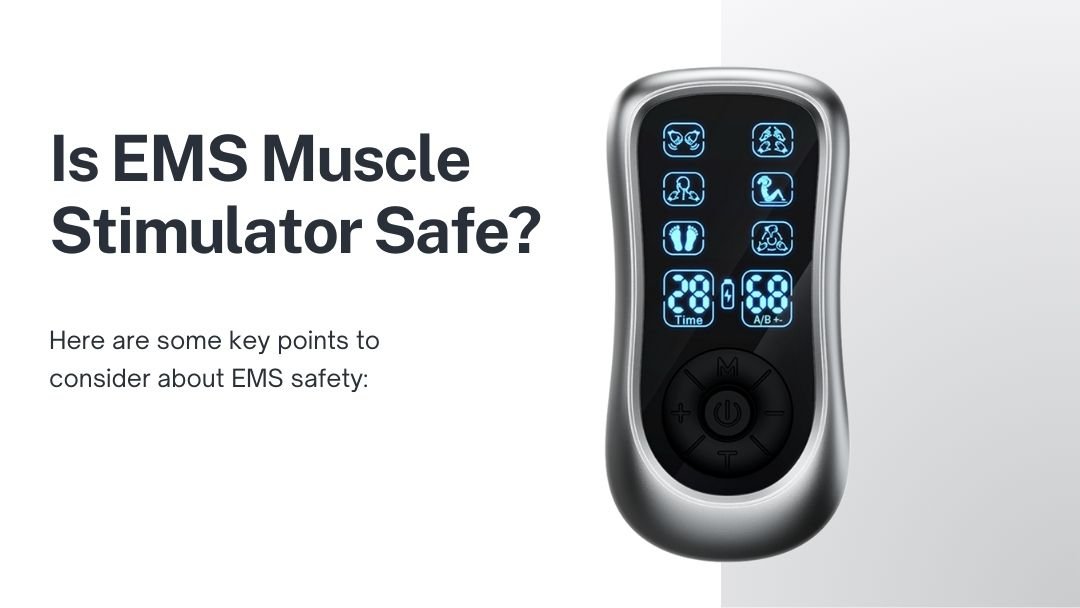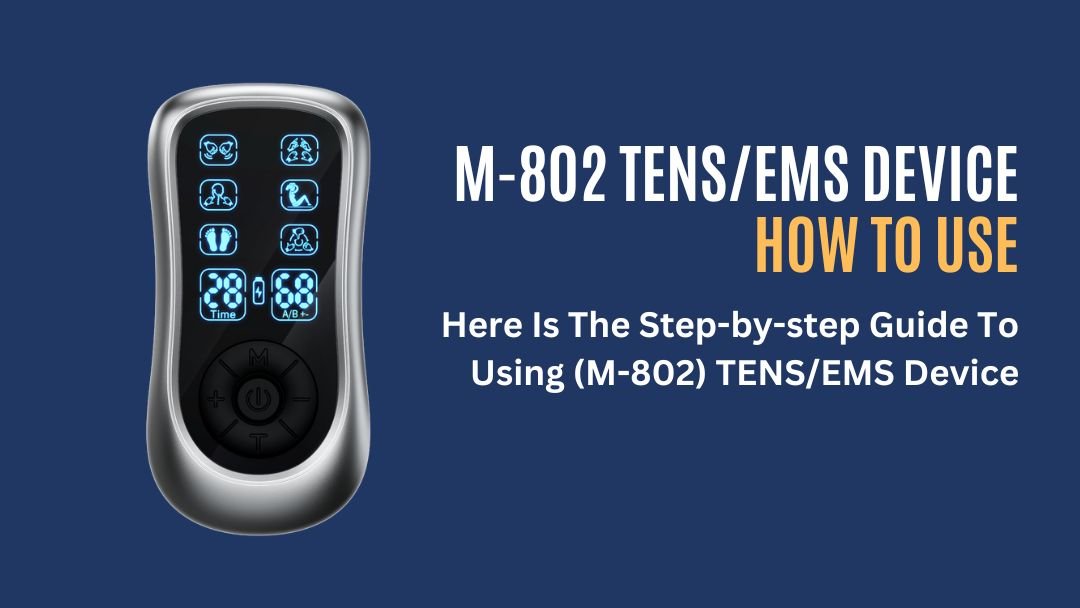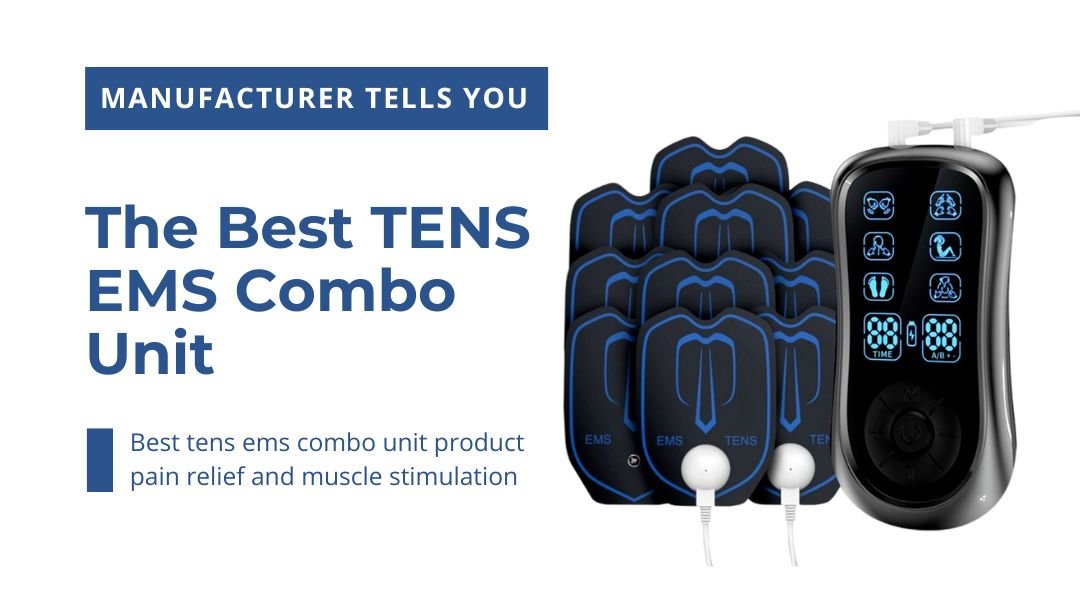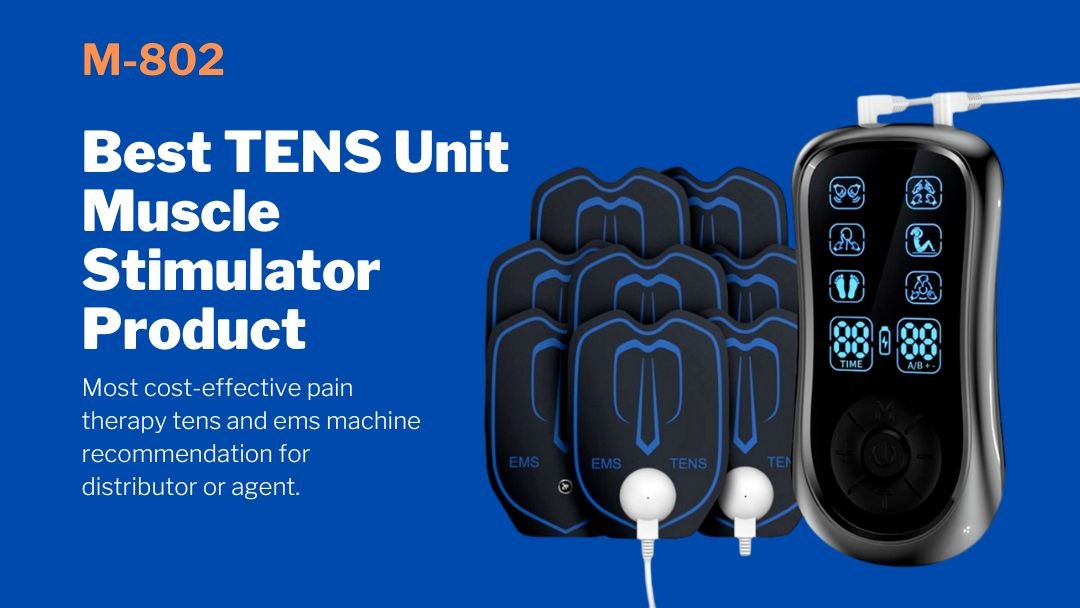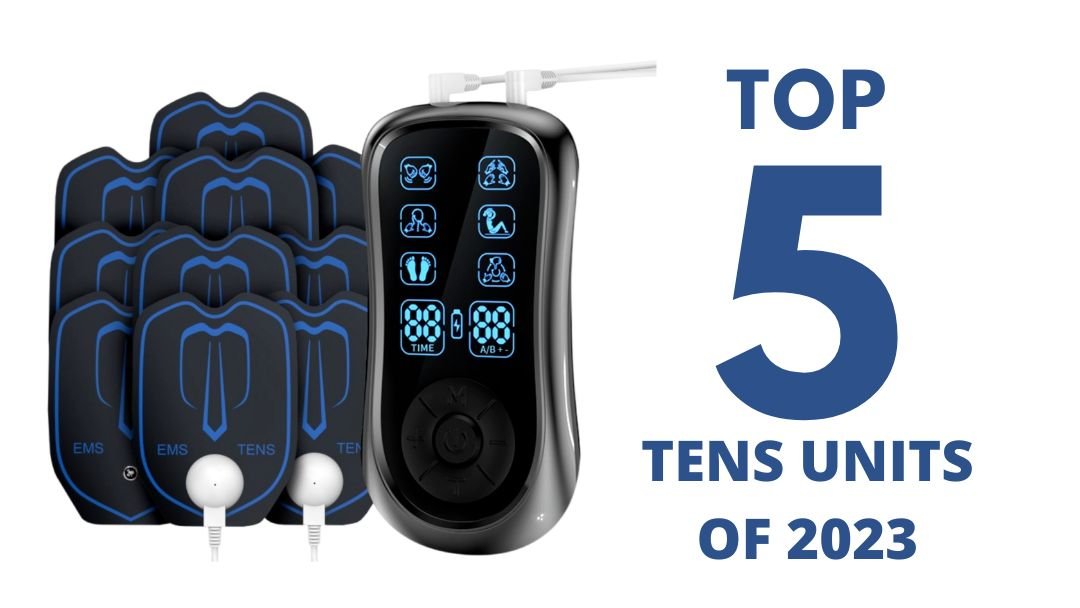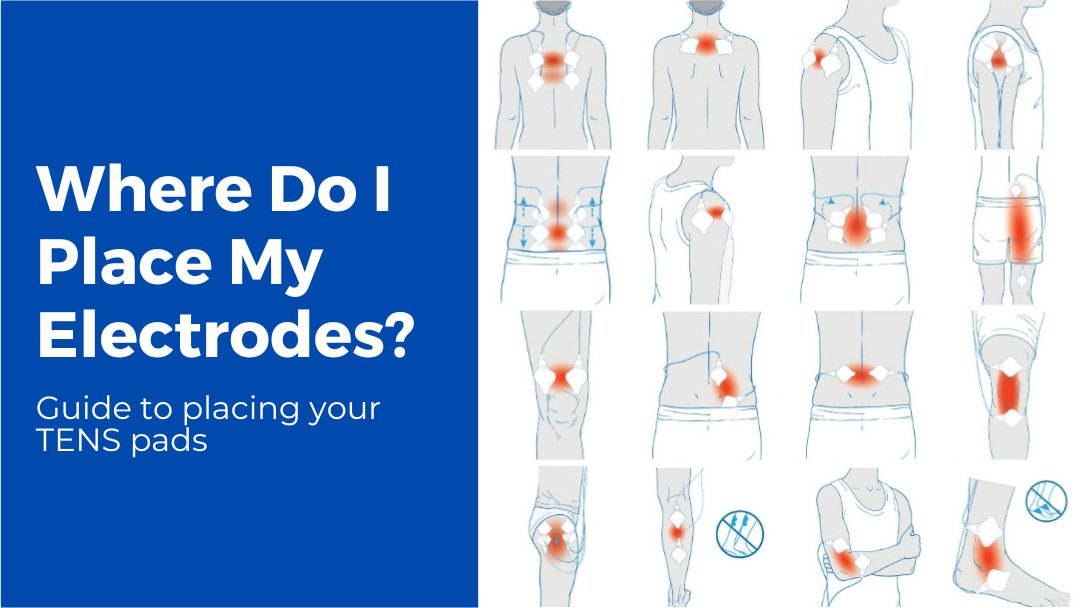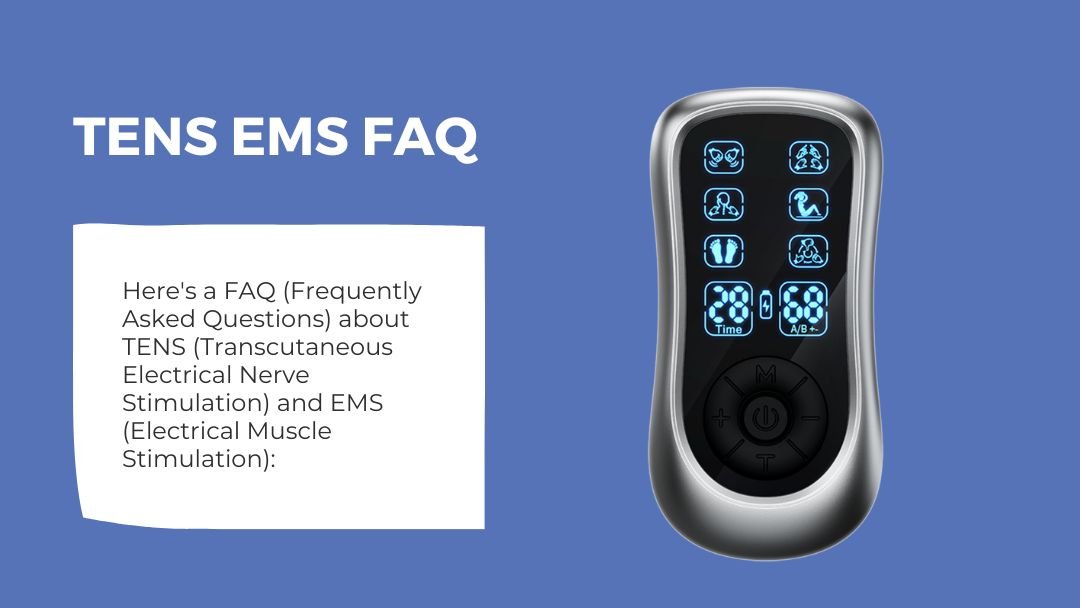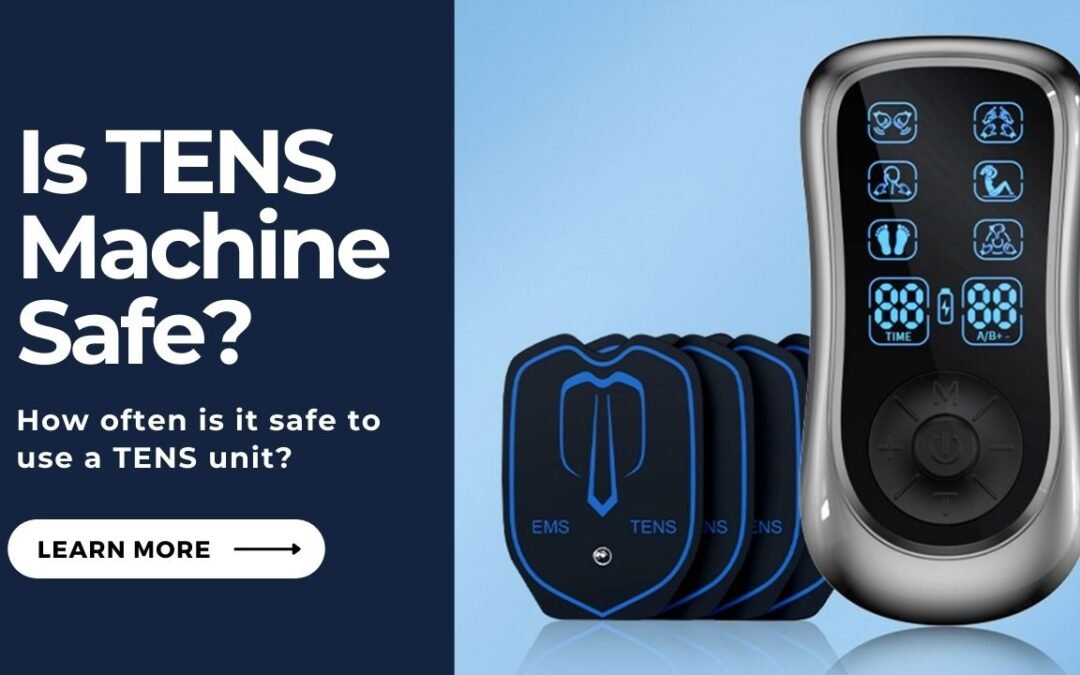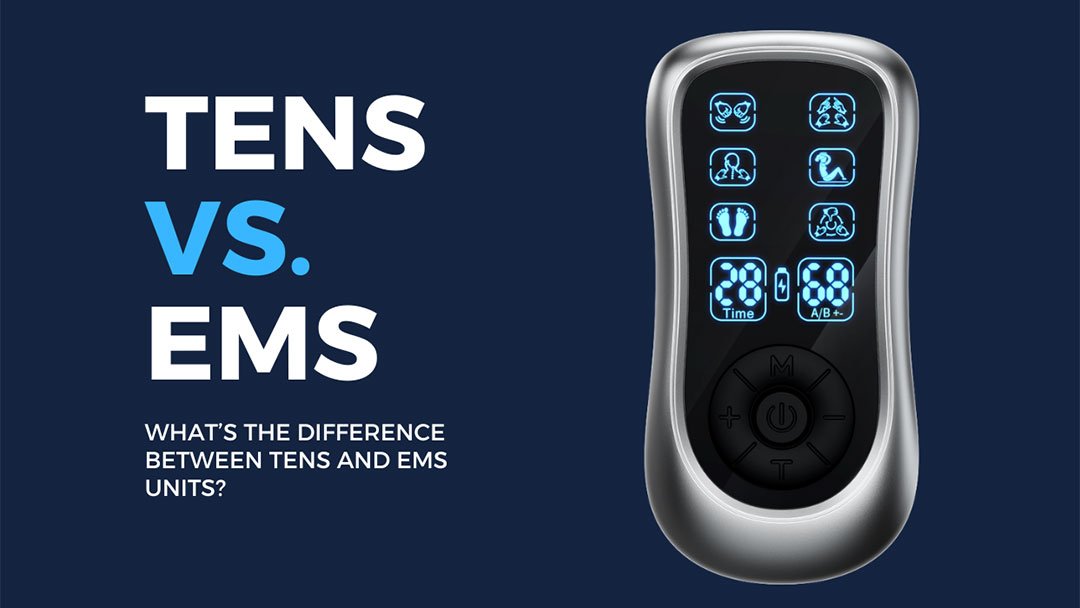EMS (Electrical Muscle Stimulation) devices are generally considered safe when used properly and as intended. However, it’s essential to consult with a healthcare professional before using any medical or fitness device, especially if you have pre-existing medical conditions or concerns.
Table of Contents
Here are some key points to consider about EMS safety:
Follow Instructions: Always follow the manufacturer’s instructions carefully when using an EMS device. Overusing or misusing the equipment can lead to adverse effects.
Avoid Certain Conditions: EMS might not be suitable for people with certain medical conditions, such as epilepsy, heart problems, pacemakers or other implanted medical devices, or during pregnancy. Again, consulting with a healthcare professional is crucial to determine whether EMS is safe for you.
Quality of Device: Ensure you are using a high-quality EMS device from a reputable manufacturer to reduce the risk of potential malfunctions or safety issues.
Skin Sensitivity: Some people may experience skin irritation or redness at the electrode placement sites. To minimize this risk, keep the skin clean and free of lotions or oils before using the EMS device.
Intensity Levels: Start with low intensity settings and gradually increase as needed. Avoid setting the intensity too high, as it may cause discomfort or muscle fatigue.
Contraindications: EMS should not be used on certain body areas, such as the head, neck, or over the heart.
Not a Substitute: EMS should not be seen as a replacement for regular exercise or a healthy lifestyle. It is best used as a supplement to an existing fitness routine.
Does EMS have side effects?
Electrical Muscle Stimulation (EMS) can have some side effects if not used correctly or if certain precautions are not taken. Here are some potential side effects to be aware of:
Skin Irritation: Improper placement of the EMS electrodes or using the device for too long can cause skin irritation or redness at the electrode sites.
Muscle Soreness: Like any form of muscle stimulation, using EMS at higher intensity levels or for extended periods may lead to muscle soreness or fatigue.
Pain or Discomfort: Some individuals may experience discomfort or even mild pain during EMS sessions, especially if the intensity is too high for their tolerance level.
Electrical Burns: In rare cases, poorly made or malfunctioning devices could cause electrical burns, though this is more likely to occur with low-quality equipment.
Interference with Medical Devices: EMS devices generate electrical signals, which could interfere with certain medical devices like pacemakers or implanted defibrillators. People with such medical devices should avoid using EMS without first consulting their healthcare provider.
Overuse or Dependency: Relying solely on EMS for muscle activation without engaging in regular physical activity may lead to dependency issues and reduced overall fitness.
Nerve Sensitivity: Some individuals may have more sensitive nerves, and EMS could cause discomfort or abnormal sensations for them.
It’s important to reiterate that when used correctly, with appropriate intensity levels and following the manufacturer’s guidelines, EMS is generally considered safe for most people. The occurrence of side effects is usually minimized when the device is used responsibly.
Who should avoid EMS?
While Electrical Muscle Stimulation (EMS) can be safe and beneficial for many people, certain individuals should avoid using EMS devices or should seek medical advice before doing so. Here are some groups of people who should exercise caution or avoid EMS altogether:
Pregnant Women: EMS devices are generally not recommended for use during pregnancy, as the effects of electrical stimulation on the developing fetus are not well understood. Pregnant women should consult with their healthcare provider before using EMS.
Individuals with Pacemakers or Implanted Medical Devices: EMS generates electrical impulses, which may interfere with the functioning of pacemakers, implanted defibrillators, or other medical devices. People with such implants should avoid using EMS unless approved by their healthcare provider.
Epilepsy or Seizure Disorders: EMS involves electrical stimulation, which could potentially trigger seizures in individuals with epilepsy or seizure disorders. People with these conditions should avoid using EMS.
Heart Conditions: People with heart problems or a history of heart disease should be cautious with EMS. Electrical stimulation may put additional stress on the heart, and it’s best to consult a healthcare professional before using EMS.
Recent Surgeries or Injuries: Individuals recovering from recent surgeries or injuries should avoid EMS in the affected areas unless specifically recommended and supervised by a healthcare provider.
Cancer: If you have cancer or a history of cancer, it’s essential to consult with your oncologist before using EMS, as electrical stimulation may not be suitable for certain cancer treatments or conditions.
Nerve Sensitivity or Skin Disorders: Those with conditions that affect nerve sensitivity or skin disorders should be cautious with EMS, as it may cause discomfort or exacerbate existing issues.
Children: EMS devices are generally not recommended for children, as their bodies are still developing, and the effects of electrical stimulation may be different for them.
Uncertain Medical History: If you have an uncertain medical history or any chronic health conditions, it’s best to consult with a healthcare provider before using EMS to ensure it is safe for you.
